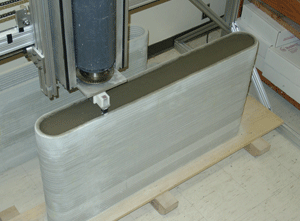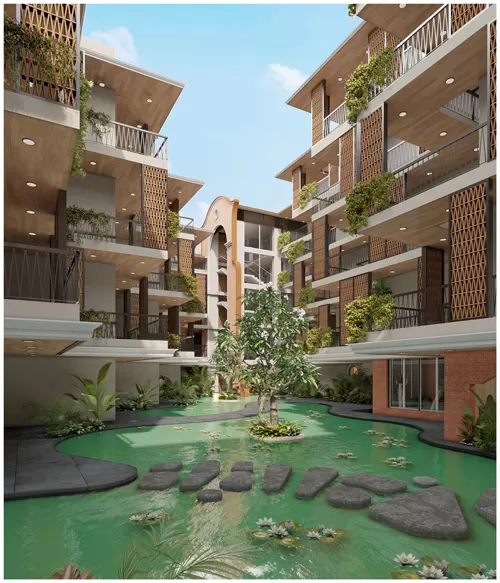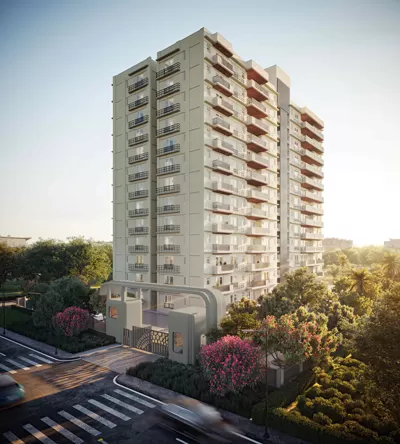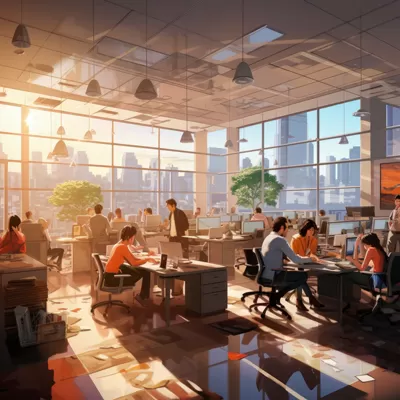

Sea Breeze launches La Wisteria in Siolim, Goa
Sea Breeze Group has announced the launch of La Wisteria, a RERA-approved luxury residential project in Siolim, North Goa, offering 80 boutique 1BHK and 2BHK apartments with private pools and lush paddy field views. Targeted for completion by December 2027, the development is designed to offer a high-end lifestyle and attractive rental returns.Each unit comes with a private pool and is surrounded by scenic vistas, ensuring exclusivity and long-term value. Positioned on a 3,545 sq m corner plot, the property is open on all four sides and bordered by greenery on two, enhancing privacy and openne..

Ashiana Housing launches premium boutique project in Jaipur
Ashiana Housing, a listed real estate developer on NSE and BSE, has announced the launch of Ashiana Aravali, a low-density, premium residential project in Jagatpura, Jaipur. Designed for upper-mid and premium homebuyers, the development offers a rare combination of exclusivity, greenery, and urban connectivity in one of the city’s fastest-growing corridors.The boutique project comprises 50 residences, with 25 each of 4 BHK and 3 BHK units. The 4 BHK homes are offered in two configurations—2641 sq. ft. and 2630 sq. ft., while the 3 BHK homes are sized at 2312 sq. ft. Each apartment includes..

Stylework’s MSA powers flexible workspace efficiency in 120 cities
Delhi, India – May 30, 2025: Stylework, a leading flexible workspace aggregator, announced the continued success of its Master Service Agreement (MSA)—a centralised solution that simplifies workspace management for over 50 enterprises and vendors across 120+ cities. Designed to support Stylework’s long-term vision of scalable workspace integration, the MSA has delivered measurable gains in operational efficiency, administrative control, and strategic agility. The solution reduces the complexity of managing multiple workspace contracts by consolidating them under a single organisatio..















